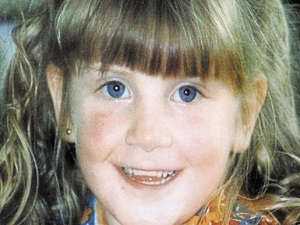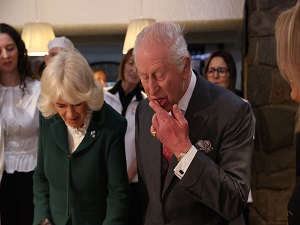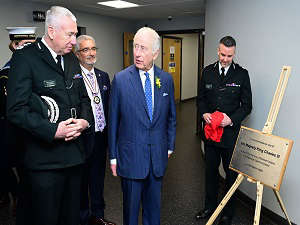
By Jonathan McCambridge, PA
An inquest into the death of a nine-year-old girl whose case was examined in the Hyponatraemia Inquiry will be heard in October, a coroner has said.
A barrister representing the coroner also said that Raychel Ferguson’s inquest would be more than a “paper-based exercise” and that he was proposing calling 15 medical witnesses to give evidence.
Raychel, nine, from Coshquin in Co Derry/Londonderry, was one of five children whose hospital treatment was examined in the long-running investigation.
She died on June 10 2001 at the Royal Children’s Hospital in Belfast, shortly after transfer from Altnagelvin Hospital in Derry following an appendectomy.
Her death resulted from hyponatraemia brought on by fluid therapy which had not properly replaced her sodium levels.
Inquiry chair Mr Justice O’Hara found in 2018 that Raychel’s death, and the deaths of Adam Strain and Claire Roberts, were the result of “negligent care”.
The deaths of Lucy Crawford and Conor Mitchell were also examined during the inquiry.
His damning report found four of the five deaths could have been avoided.
The Attorney General for Northern Ireland has directed that a new inquest be held into Raychel’s death.
During a pre-inquest review today, coroner Joe McCrisken told interested parties that he wanted the inquest to begin on October 10.
He said it had the potential to run for two weeks.
He added: “I really do want everyone to focus on this inquest.
"The date of October 10 is the start date for this inquest.
“Dates are few and far between with court dates really stretched at the moment, so I am committed to having this inquest started, for the benefit of everyone, but more particularly for the Ferguson family in early October.”
Michael Chambers, counsel for the coroner, added: “What we are proposing to do is to admit the entirety of the evidence that was heard at the Hyponatraemia Inquiry, but then call to give oral evidence the 15 witnesses who I have suggested in the draft witness list.
“We are inviting views from the parties if there are any other witnesses they think should be called to give oral evidence other than the 15 named doctors and nurses in the treatment of Raychel.”
“What we didn’t do in (the Claire) Roberts (inquest) was conduct a paper-based exercise where we simply read through the notes from the Hyponatraemia Inquiry and that is not what is being proposed in this inquest.”
A further review hearing will take place on April 26.


 King and Queen test their baking skills during Northern Ireland visit
King and Queen test their baking skills during Northern Ireland visit
 Teachers offered 5.5% pay rise in ‘enhanced package’
Teachers offered 5.5% pay rise in ‘enhanced package’
 Belfast named UK’s biggest pub music scene outside London
Belfast named UK’s biggest pub music scene outside London
 King and Queen meet creatives during visit to heart of Belfast
King and Queen meet creatives during visit to heart of Belfast
 Man, 18, remanded in custody charged with attempted murder in Belfast
Man, 18, remanded in custody charged with attempted murder in Belfast